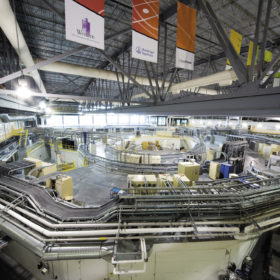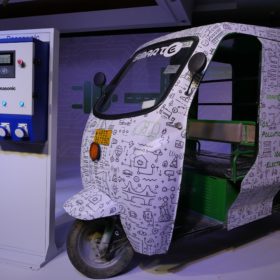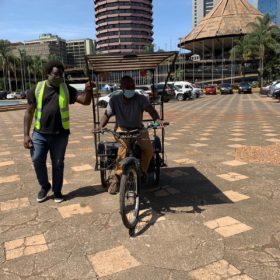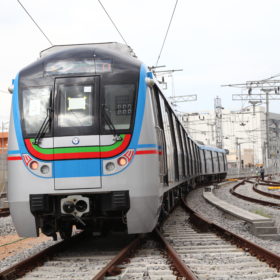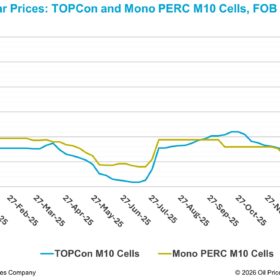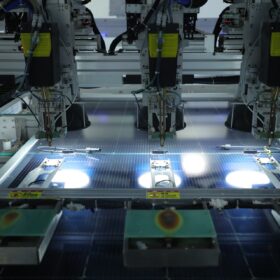Tata Motors, Hyundai bag 250 EV supply order from government
The electric vehicles—150 units of Nexon XZ+ and 100 Kona electric—will replace Central and State Governments’ existing fleet of petrol and diesel vehicles.
The long read: A highly promising cobalt-free battery for electric vehicles
We increasingly need safe, affordable, and powerful batteries as we move to greener technologies. Battery-powered electric cars, for example, have much higher safety standards than our phones, and for such vehicles to travel long distances, lighter batteries with higher energy density and rapid-charging capabilities would make a world of difference. Majid Rasool, a postdoctoral fellow at McGill University, discusses a potential solution.
Sona Comstar, IIT Delhi launch incubation program for EV startups
The program aims at supporting the development of innovative electric vehicle (EV) solutions like extending range through battery capacity improvements, and battery management, fast charging infrastructure, and mobile charging solutions for emergencies. Two startups shall be supported each year with up to INR 80 lakh each to complete proof of concept and develop prototypes.
Government allows sale, registration of electric vehicles without pre-fitted batteries
Delinking the battery (which accounts for 30-40% of the total vehicle cost) will bring the upfront cost of the electric 2-wheelers (2W) and 3-wheelers (3W) to be lower than internal combustion engine counterparts. The battery could be provided separately by the original equipment manufacturer or the energy service provider.
Government priority is to make Li-ion batteries in India: Transport minister
The government is acquiring lithium mines abroad to ensure raw material availability for electric vehicle battery production. Among other technology alternatives for EVs, it is looking at developing indigenous hydrogen fuel cells with hydrogen derived from biomass.
The long read: PV + e-mobility = economic development
Mobility in rural Kenya is currently flooded with unsustainable CO2-emitting motorcycles that pose a threat to the environment and public health. But the electric tricycle is an environmentally friendly alternative, and Solar E-cycles – a homegrown Kenyan startup – believes a leasing model could unlock a ton of three-wheeled potential.
EESL, Noida Authority sign agreement on EV charging infrastructure
Noida Authority has selected Energy Efficiency Services Limited to deploy public charging stations under the second phase of the FAME India Scheme. A total of 162 public EV charging stations comprising 108 122kW fast chargers and 54 Bharat DC001 (15kW) are to be installed in the city.
Hitachi ABB Power Grids India wins Rs 120-crore order
The company has bagged an order from state-run Chittaranjan Locomotive Works to supply transformers for goods and passenger locomotive engines.
BP commits $70m to UK-India green growth fund
The fossil fuel company will become a partner in the fund, which invests in clean energy projects.
Post Covid support required for electric vehicles: FICCI
The industry body has recommended a series of measures including a continuation of FAME II Scheme to 2025, short-term booster incentives for consumers and support for in-house R&D to boost the electric vehicle sector.

